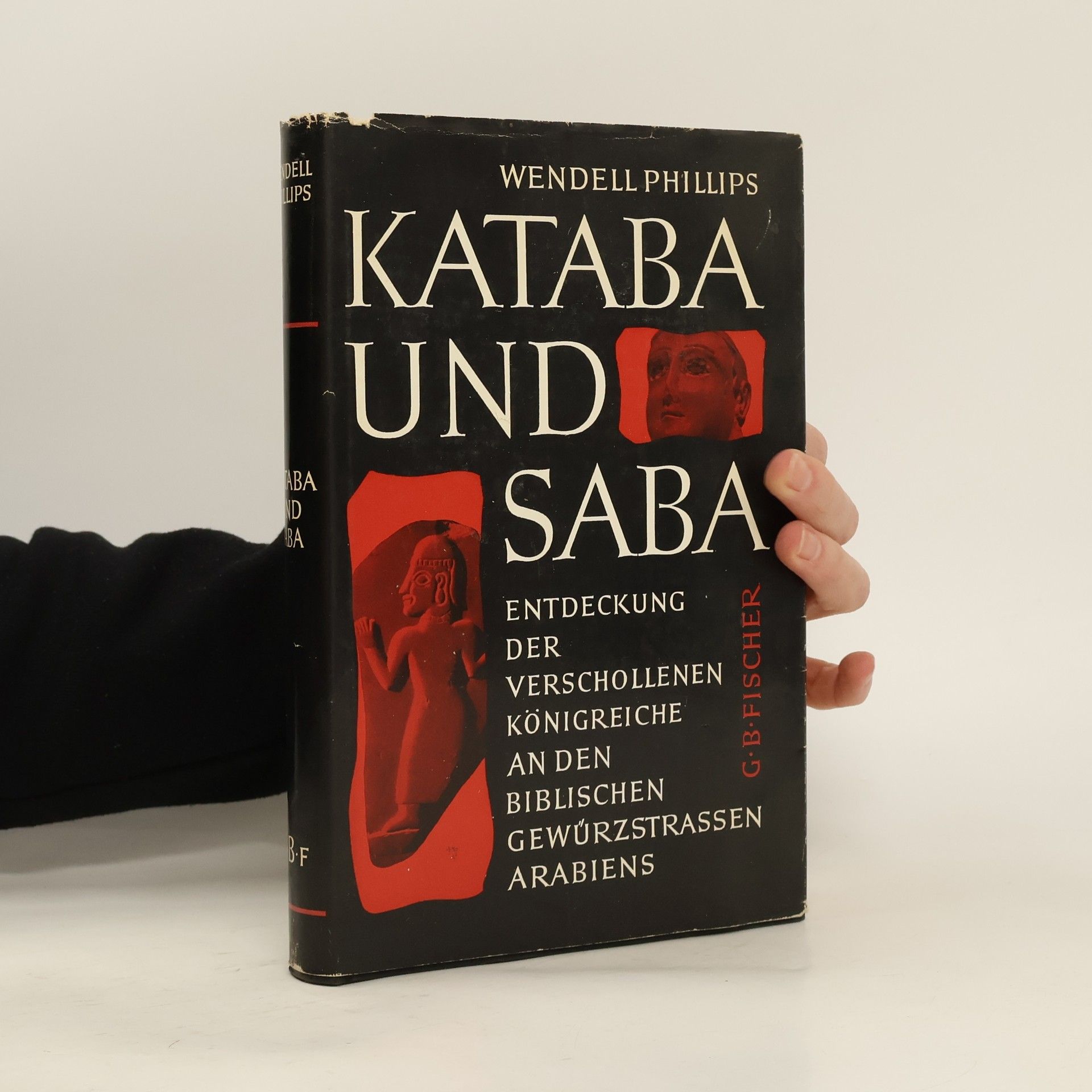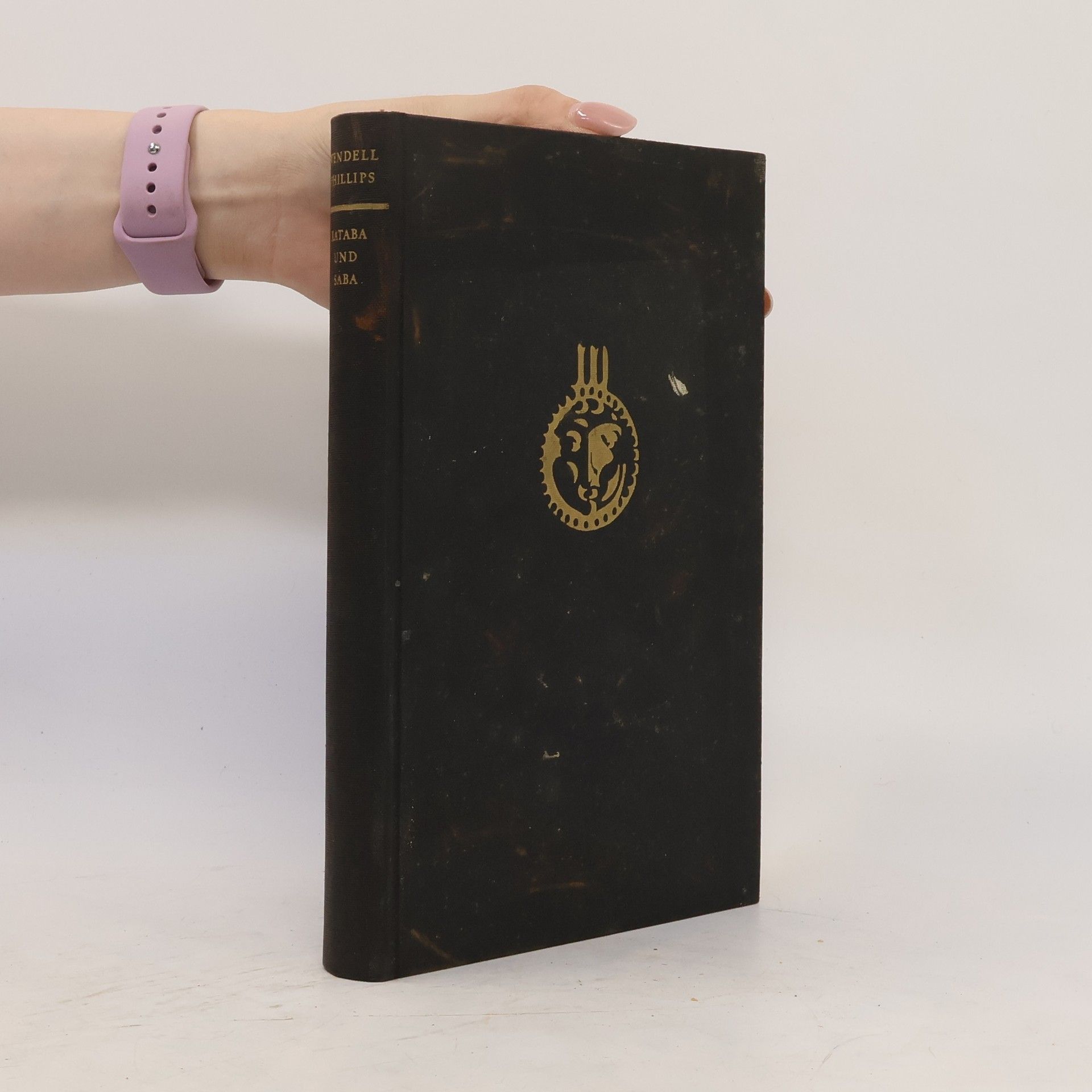The Negro's Friend; Sketches Or the History of Jamaica
- 56 pages
- 2 hours of reading
PRINT QUALITY - DIAMOND BOOKS * PRINT: XLP (Extra Large Print) - 5" x 8" * FONT: XLF (Extra Large Font), Magnified * BOOK: Historical Print, Authentic * CONTENT: Historical, Original, Authentic * INTERIOR: Extremely Clean * EXTERIOR: Extremely Clean NOTE: This is the only "cleanest print edition" available in the entire world. It is made possible through DIAMOND BOOKS. * * * * * CHRISTOPHER COLUMBUS discovered Jamaica in 1494, but made no settlement there. In 1509, Don Diego Columbus, the son of this extraordinary man, sent seventy Spaniards from St. Domingo to Jamaica, under the command of John d'Esquimel; others soon followed. It seemed as if they all went over to this peaceable island, for no other purpose than to shed human blood. Those barbarians never sheathed their sword while there was one inhabitant left to preserve the memory of a numerous, mild, -plain, and hospitable people. In a few years they murdered no less than 60,000 of the original inhabitants. The Savannahs, which have since been so unproductive and useless; were then the richest spots in the island, and yielded all manner of necessaries, and maintained numerous herds of cattle. It is said that when the English took the island, they killed 20,000 horned cattle in the first four months. The Spaniards began to purchase Negroes soon after they were settled there. - Selected from Various Authors, 1882.




